There are two main options available to customers regarding banking: mobile banking and internet banking. While both options offer many of the same features, they also have some differences that could impact your banking habits and your bank.
This article provides an overview of the main differences between mobile and internet banking.
What is Mobile Banking?
Mobile banking is a type of digital banking that enables you to perform financial transactions from a smartphone or other mobile device. With mobile banking, you can pay bills, transfer money, check your balance, etc. Most mobile banking apps can also function as your virtual wallet, which allows you to store identification and financial information, like a credit card number, to make payments from a single source.
What is Internet Banking?
Internet banking is a banking service that allows you to conduct all your financial transactions online. You can check your balance, make transfers, pay bills, etc., all from the comfort of your own home. With internet banking, you can also perform functions only available to customers with a physical bank branch, like opening a safe deposit box and conducting financial transactions using mobile equipment.
Internet banking is not limited by location. You can access your accounts from any internet connection, so it’s a popular choice among people who travel a lot. Some banks even offer mobile internet banking, which allows you to perform financial transactions from your smartphone.
Also Read: WHAT IS SEO / SEARCH ENGINE OPTIMIZATION?
Critical Differences Between Mobile Banking and Internet Banking
While there are many similarities between mobile and internet banking, there are a few key differences worth noting. They include:
- Transactions: A critical difference between mobile and internet banking is the number of transactions you can process. With mobile banking, each transaction is limited to the amount stored in the app.
- Convenience: While mobile banking provides many benefits, it’s not as convenient as online banking. You have to consider where you will use it and who you’ll trust with your personal information.
- Privacy: Online banking is more private than mobile banking. With online banking, no one sees your financial information but you and the bank. With mobile banking, anyone with access to your phone can see your personal information, including those who don’t have your best interest.
- Security: Online banking is more secure than mobile banking. There are more layers of security, and your financial information is stored on the bank’s servers, which are often located somewhere safe. With mobile banking, your information is stored locally on your device.
- Support: Online banking can be more convenient and easier to use than mobile banking. The options and functionality are more limited in nature in mobile banking.
When it comes to banking, there are many options available. The right choice for you depends on your personal preferences, lifestyle, and the features you need.
According to the experts at SoFi , if you frequently find yourself without an internet connection, you should open a mobile bank account. But, on the other hand, if you prefer to conduct most of your banking activities online, then internet banking is what you need.
Before making a decision, it is essential to understand the different types of banking and how they work.


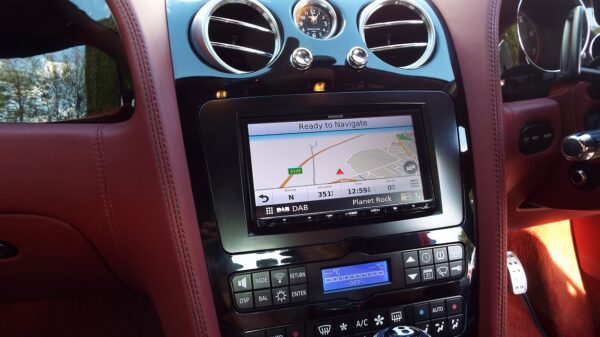




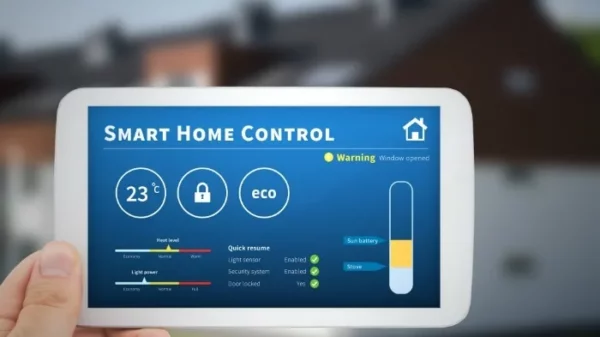
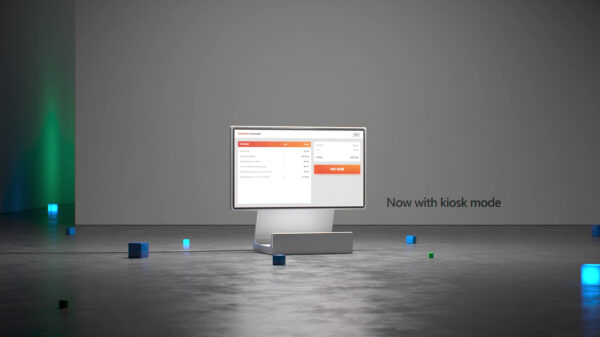










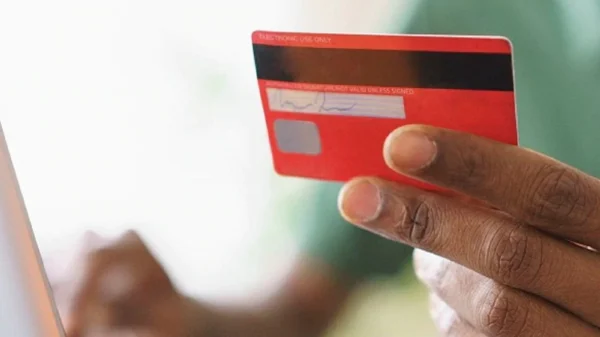
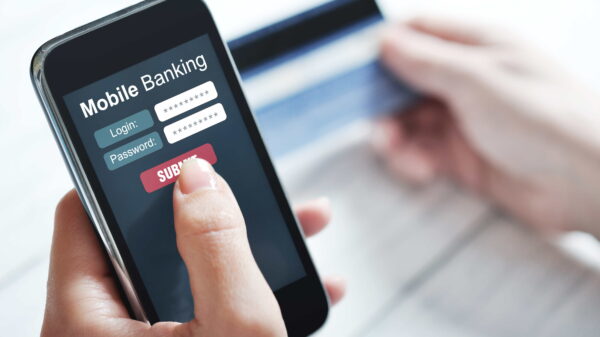
















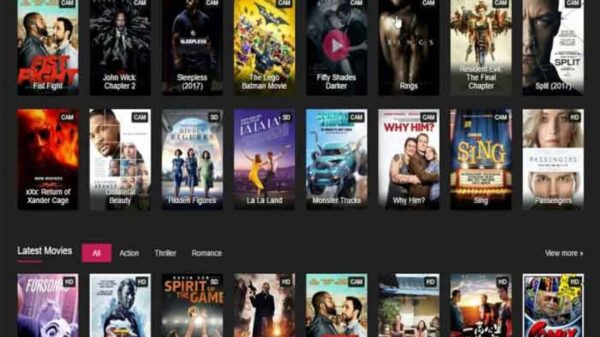



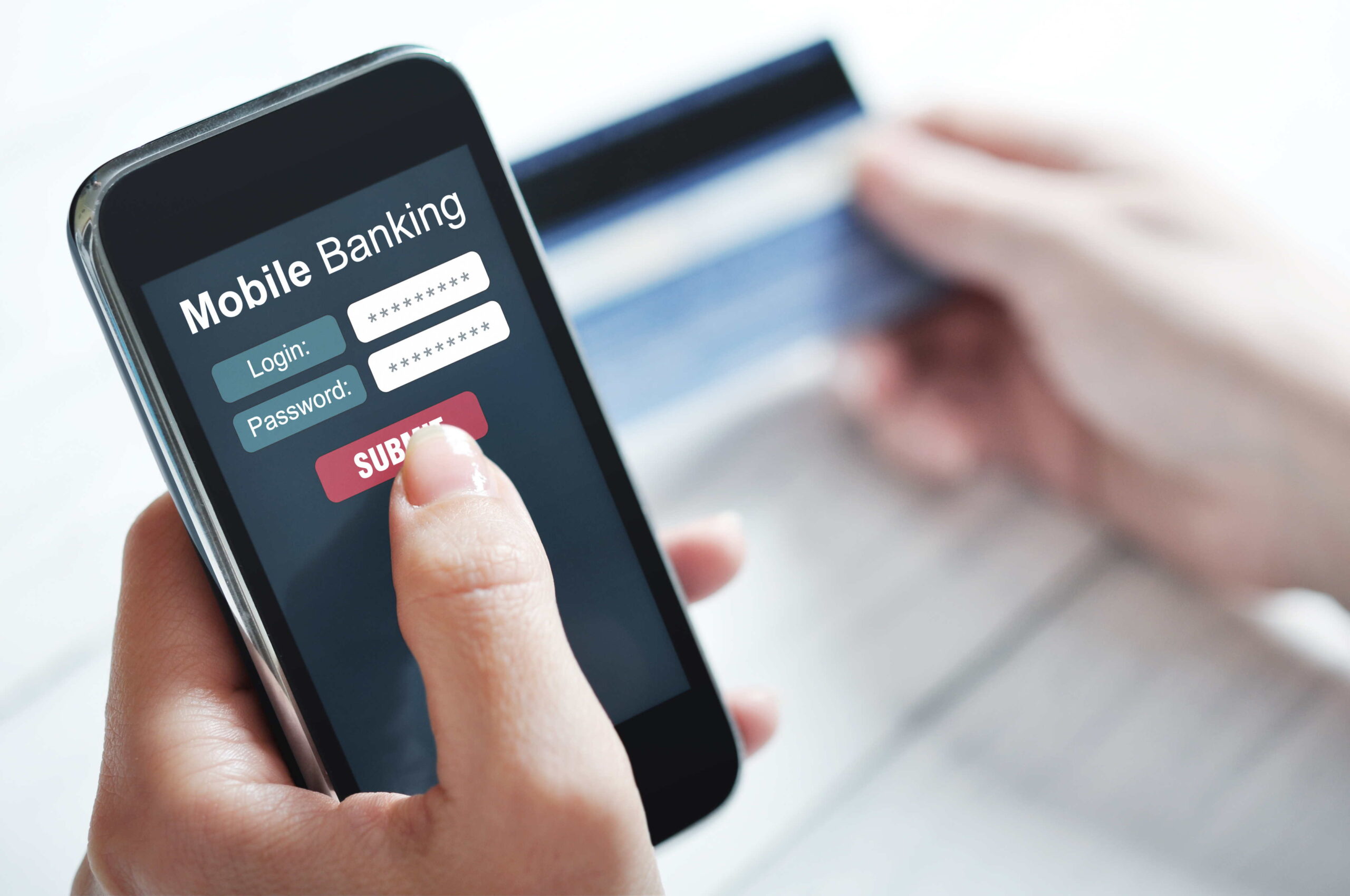











You must be logged in to post a comment Login